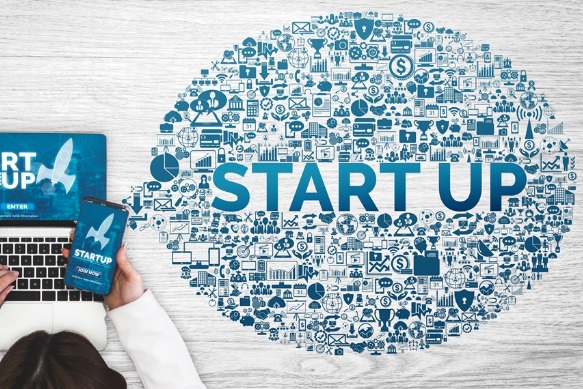Summary:
Massachusetts Clean Energy Center launches two new grant programs with $23 million in annual funding to support climate-tech startups.
The Climatetech Testing and Demonstration Assets Program offers $20 million per year for equipment subsidies to organizations aiding clean-tech innovation.
The CriticalMass program provides $3 million annually in grants and support to help startups grow and stay in Massachusetts.
These initiatives come as federal climate-tech subsidies are reduced, including the loss of a $156 million solar program for the state.
Supporters argue that these state grants will make Massachusetts more appealing to fast-growing startups and bolster the local economy.
Massachusetts Clean Energy Center Launches New Grant Programs
While the federal government is making significant cuts to climate-tech subsidies, the Massachusetts Clean Energy Center (MassCEC) is taking action to bridge the gap. The state agency has recently opened applications for two innovative grant programs designed to boost the clean-tech sector and encourage startups to remain and expand in Massachusetts.
Climatetech Testing and Demonstration Assets Program (TDA)
Funded with $20 million annually from the state's 2024 economic development legislation, this program aims to subsidize equipment purchases for organizations that support clean-tech startups. It focuses on enhancing testing and demonstration capabilities, which are crucial for innovation and growth in this high-potential industry.
CriticalMass Program
This initiative provides $3 million per year in grants and additional support to startups. It is tailored to help early-stage companies overcome financial hurdles and accelerate their development, making Massachusetts a more attractive hub for entrepreneurial ventures in the climate-tech space.
Although these state funds are modest compared to federal losses—for instance, a recent federal bill eliminated a solar program that would have sent $156 million to Massachusetts—advocates believe that MassCEC's efforts will significantly enhance the state's appeal to fast-growing startups. By fostering a supportive environment, these programs could play a key role in driving economic growth and sustainability in the region.









Comments